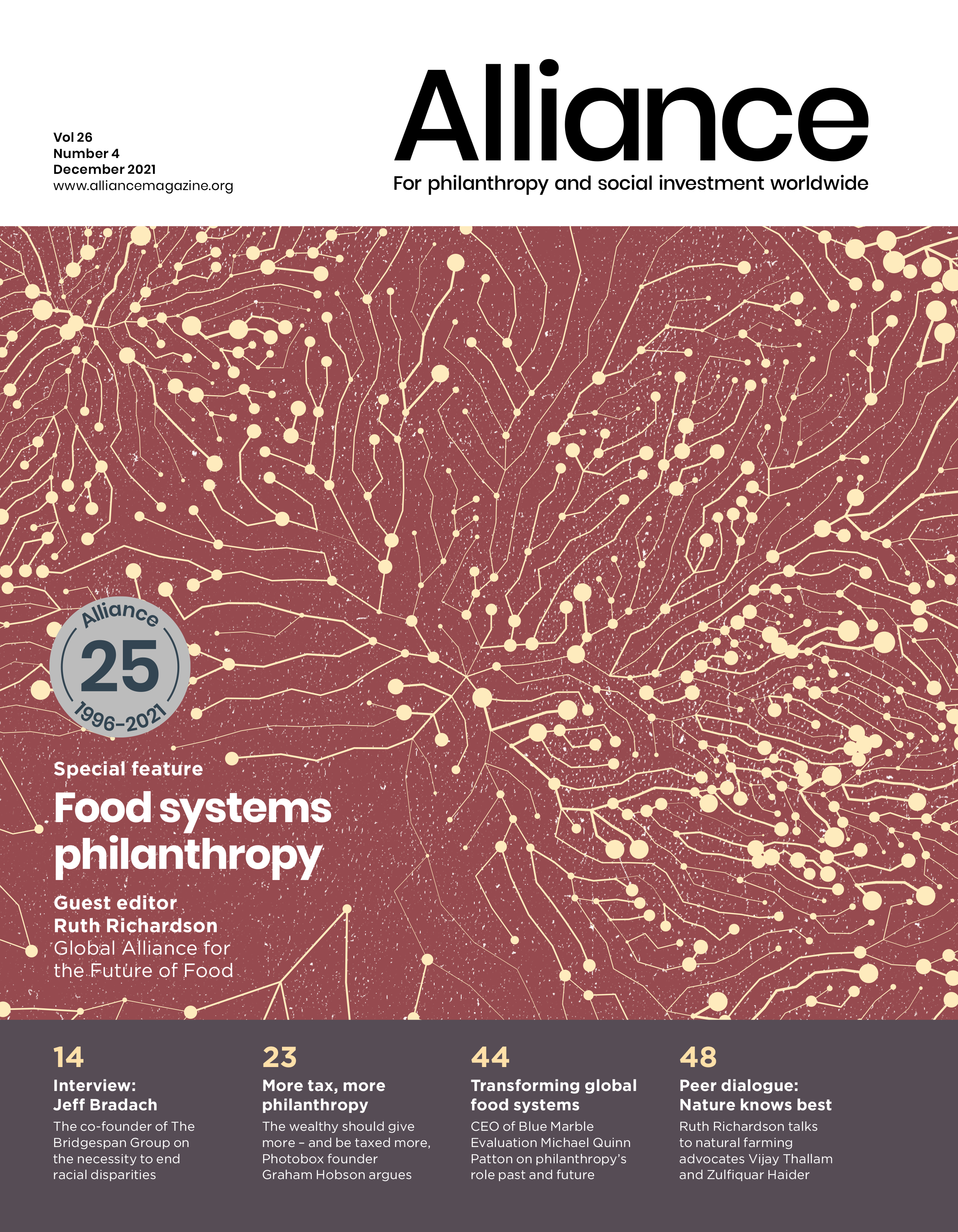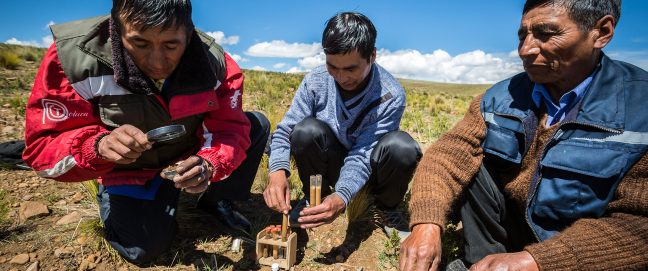Climate change and food systems are intimately connected, leaving philanthropy with an increasingly critical role in the task of mitigating one and changing the other
The scale of investment required for the economic transformation that we must have if we are to avoid planetary disaster is a staggering $100-$150 trillion. However, there is an increasing understanding in the philanthropic community that this is an opportunity for leadership in many areas, food systems among them.
Philanthropy is already playing an essential role in mobilising capital. Some of the earliest movement away from fossil fuels came in the form of the Divest/Invest movement led by foundations. As stewards of long-term assets set aside for charitable purposes, they are already aligned with the notion of doing good rather than seeking profit above all else. Scaling investments in new technologies and emerging markets through blended finance vehicles is but one example. The David Rockefeller Fund has been working alongside fellow members of the Net Zero Asset Owner Alliance on such ideas.
Accepting a first loss position in order to de-risk vital investments and enable larger capital flows exemplifies the leadership that philanthropy has to offer. Thanks to the leadership of the fund’s investment chair, Nili Gilbert, we have highlighted the concept of a just transition, where the proceeds of certain revenue sources, as well as direct capital itself, are applied to historically disadvantaged communities.
Subscribe now from only £45 a year!
This article is only available for our subscribers
Existing users can login here






